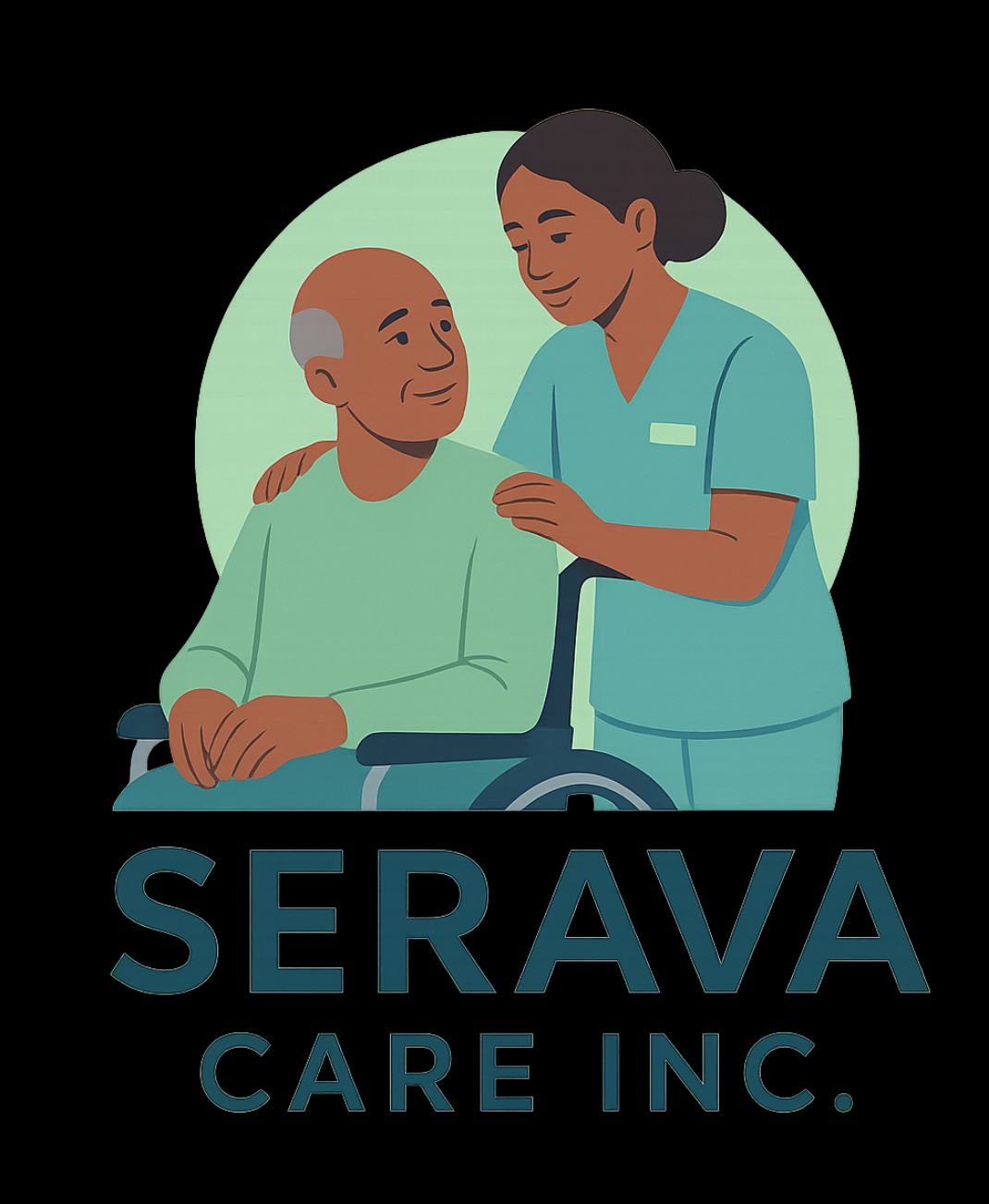Why Choose In-Home Care for Disabled Adults and Seniors?
- health051

- Sep 23
- 3 min read
In today's fast-paced world, many families face the challenge of caring for disabled adults and seniors. The decision about how to provide the best care can be overwhelming. One option that is gaining popularity is in-home care. This approach allows individuals to receive personalized support in the comfort of their own homes.
In this blog post, we will explore the many benefits of in-home care for disabled adults and seniors. We will discuss how it enhances quality of life, promotes independence, and provides peace of mind for families.
The Comfort of Home
One of the most significant advantages of in-home care is the comfort it provides.
Many seniors and disabled adults feel more at ease in their own surroundings. Familiar settings can reduce anxiety and stress.
When individuals receive care at home, they can maintain their daily routines. This can include enjoying meals in their own kitchen, watching their favorite shows, or spending time in their garden.
In-home care allows for a personalized environment that promotes well-being.
Personalized Care Plans
In-home care offers tailored support that meets the unique needs of each individual.
Caregivers can create personalized care plans based on the specific requirements of the person they are assisting.
For example, a senior with mobility issues may need help with daily activities such as bathing, dressing, and meal preparation.
On the other hand, a disabled adult may require assistance with medication management or transportation to appointments.
This level of customization ensures that individuals receive the right support at the right time.
Promoting Independence
In-home care encourages independence among disabled adults and seniors.
When individuals receive assistance with daily tasks, they can focus on what they can do rather than what they cannot.
For instance, a caregiver can help with grocery shopping, allowing the individual to prepare their own meals.
This support fosters a sense of accomplishment and self-worth.
Moreover, in-home care allows individuals to maintain their social connections. They can invite friends and family over without the need for transportation or relocation to a facility.
Safety and Security
Safety is a top priority for families considering care options for their loved ones.
In-home care provides a secure environment where individuals can feel safe.
Caregivers are trained to recognize potential hazards and can help prevent accidents.
For example, they can assist with fall prevention by ensuring that walkways are clear and that necessary mobility aids are within reach.
Additionally, having a caregiver present can provide peace of mind for family members. They can rest assured that their loved ones are being monitored and cared for.
Companionship and Emotional Support
In-home care is not just about physical assistance; it also offers companionship.
Many seniors and disabled adults experience loneliness and isolation.
Having a caregiver present can provide much-needed social interaction.
Caregivers can engage in conversations, play games, or even accompany individuals on walks.
This emotional support is vital for mental health and overall well-being.
Flexibility and Convenience
In-home care is flexible and can be adjusted to fit the needs of the individual and their family.
Care can be provided on a part-time or full-time basis, depending on the level of support required.
Families can choose the hours that work best for them, whether it is a few hours a week or 24/7 care.
This flexibility allows families to balance their own responsibilities while ensuring their loved ones receive the care they need.
Cost-Effectiveness
Many families are concerned about the cost of care.
In-home care can be a more affordable option compared to assisted living facilities or nursing homes.
Families can choose the level of care that fits their budget.
Additionally, in-home care can help prevent costly hospitalizations by providing preventive care and monitoring health conditions.
This proactive approach can lead to significant savings in the long run.
Professional Caregivers
In-home care services employ trained professionals who are skilled in providing care.
These caregivers understand the unique needs of disabled adults and seniors.
They are equipped to handle various medical conditions and can provide assistance with medication management, personal care, and mobility support.
Families can trust that their loved ones are in capable hands.
Family Involvement
In-home care encourages family involvement in the care process.
Families can work closely with caregivers to ensure that their loved ones receive the best possible support.
This collaboration fosters open communication and strengthens family bonds.
Family members can also participate in care activities, which can enhance the overall experience for everyone involved.
Conclusion: A Heartfelt Choice
Choosing in-home care for disabled adults and seniors is a heartfelt decision that prioritizes comfort, independence, and well-being.
This approach allows individuals to thrive in their own homes while receiving the support they need.
With personalized care plans, professional caregivers, and the opportunity for family involvement, in-home care is a compassionate choice that benefits everyone.
If you are considering care options for a loved one, take the time to explore the possibilities of in-home care.
It may just be the perfect solution for your family.



Comments